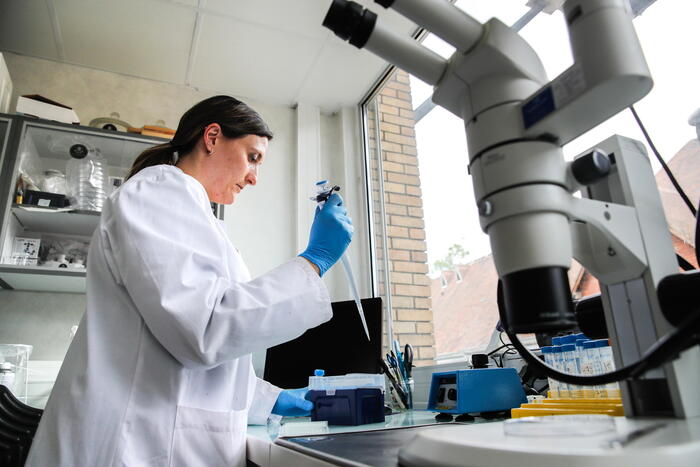From mitigating the risk of volcanic eruptions to the secrets of longevity and climate-resilient crops: these are some of the 37 projects of global significance that the European Research Council has funded to the tune of €395 million. These are the so-called ERC Sinergy Grants, aimed at groups of 2 to 4 researchers, who bring together very different skills to tackle some of the most complicated scientific problems with a global scope. Italy participates in 5 of the 37 selected groups, involving a total of 135 researchers from 114 universities and research centres in 19 European countries.
The country hosting the highest number of ERC winning projects is Germany, with 27 researches, followed by France (12) and the Netherlands (7). With 5 projects, Italy is fourth along with Spain, Israel, Sweden and Norway. Among the Italian researchers involved are Alberto Arezzo, from the University of Turin, and Bruno Siciliano, from the Research Consortium for Energy, Automation and Electromagnetism Technologies in Naples, who are part of a project for the creation of a robot for intelligent endoscopic diagnosis and therapy.
Stefano Benazzi, from the University of Bologna, and Francesco Berna, from the University of Siena, will study the physical, cultural and bio-genetic environment of the last Neanderthals. Numerical simulations will be carried out by Paola Francesca Antonietti, from the Politecnico di Milano, and Lourenço Beirao Da Veiga, from the University of Milano-Bicocca. Finally, Anna Moroni of the University of Milan will work on a brain-machine interface for neuroscience, while Valeria Fumagalli of Vita-Salute San Raffaele University will look for new methods to treat liver metastases.
All rights reserved © Copyright ANSA

